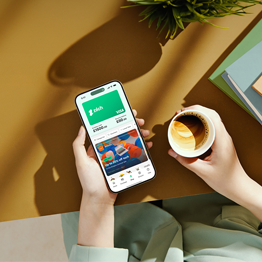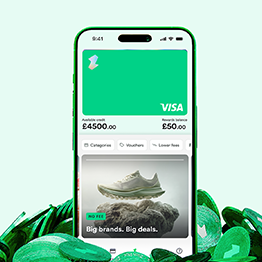So, what is emotional spending?
It’s more than just the occasional bit of retail therapy. Emotional spending is when your feelings start running your finances, making purchases to distract, comfort or fill a gap.
It can feel good in the moment, but let’s be honest: the regret (and the credit card bill) usually kicks in pretty quickly. Over time, this can hurt your savings, rack up debt, and trigger even more stress. It’s a cycle that’s hard to spot and even harder to break, but with the right tools, you can.
Why are you overspending?
There are two main culprits: emotional triggers and behavioural patterns. Spotting them is the first step in taking your power back.
Common emotional triggers
- Stress and anxiety. Buying something can feel like a quick escape when life gets overwhelming.
- Social pressure. Instagram-worthy lives can create unrealistic standards. It’s easy to spend just to “keep up”.
- Boredom or loneliness. When you’re feeling low, a new purchase can give a temporary high, but it rarely lasts.
Behaviour patterns to watch
Most emotional spending happens as impulse buying, unplanned purchases made in the heat of the moment. You don’t really need it, but it gives you a little dopamine hit. The problem? That relief fades fast, and what’s left behind is guilt, stress and less money in your pocket.
How to take back control
The goal isn’t to never spend again – it’s to spend on purpose, not by accident. Here’s how to shift your mindset and build better habits.
Mindful spending tactics
- The “wait 24 hours” rule/ Thinking of buying something non-essential? Sleep on it. You’ll be surprised how many things you don’t really want the next day.
- Needs vs wants. Create a budget that clearly separates the two, so your money goes where it matters.
- Gratitude practice. It might sound cheesy, but taking stock of what you already have helps curb the urge to buy more.
Budgeting moves that work
- Set a long-term goal (saving for a house, car or even a holiday) so you’ve got something bigger than that impulse buy to work towards.
- Use cash or a debit card where you can – seeing the money leave your account in real time can help you pause and think twice.
- Use Zilch to split bigger buys into smaller payments with Pay over 6 weeks or Pay over 3 months – giving you more control without blowing your whole budget at once.
TL;DR: Break the cycle, build new habits
You don’t need to be perfect – just aware. Emotional spending is powerful, but so are you. With a bit of self-awareness and the right tools, you can spend smarter, lower your stress and feel more in control.
Zilch’s flexible payment options help you avoid regret buys and focus on spending in a way that supports your financial wellbeing – not sabotages it.





